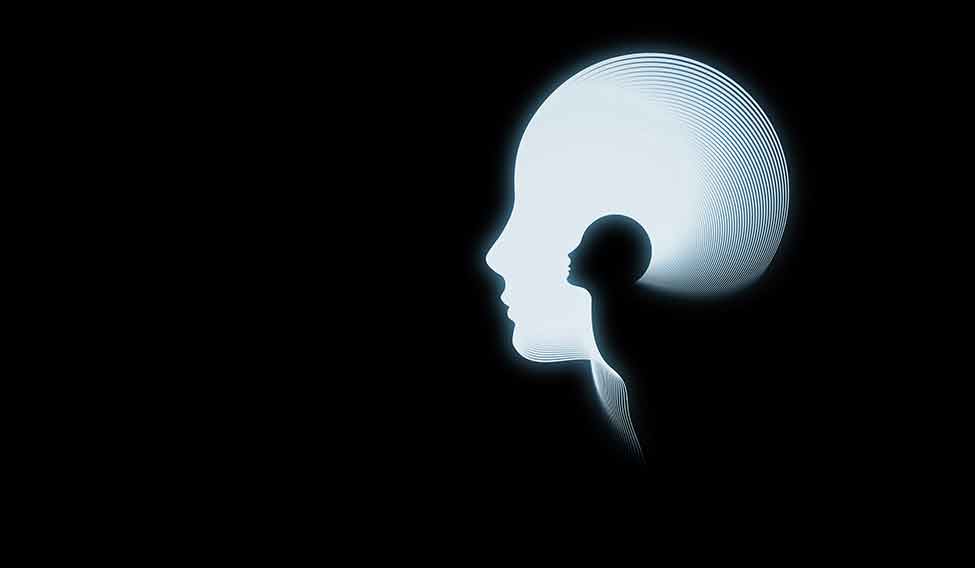A couple of years ago, while talking to an anthropologist from the US, I learnt that the science of anthropology is now inclined to look at each individual differently. That is to say, that each of us is unique.
There is truth in this. In our brains, we are all different. How our learning, memories and experiences play out, which circuits are sparked to grow stronger, how does the environment interact with our genes to switch them on or off—all such things are unique to every brain and person.
Yet, we are not so different at all. Under current estimates, 99.97 per cent of our genes are identical across the human species, irrespective of how different we look or how differently we react. More importantly, beyond birth, brain and environment, at the layer of core emotions, we are all the same.
EMOTIONS AS DRIVERS
The animation film Inside Out has kindled much analysis on emotions as key drivers. One article talked of how ‘You’ is the new ‘Me’, of how we are not so different after all, and by understanding you, I could know myself better.
In the film, five emotions are depicted as drivers of the body, mind and spirit. It is a break from the strict (and rather dry) scientific understanding of the brain and its chemicals as the original and primal organ for mind, emotion and consciousness.
While this may seem novel to the west, eastern approaches have accounted for emotions as drivers over millennia. In copious studies on mind and behaviour, emotions are not only prominent perpetrators, but are also what bind us together.
Love and fear are primary. All others emanate from here. Anger, disgust, sadness, hate and envy, all sprout from fear. Kindness, compassion and generosity have love at their root. This is true for all of us.
LIGHT THROUGH DIFFERENT FILTERS
Therefore, at that layer, we are all the same, as we believe us all to be, at the still deeper layer of consciousness. It is like light, through different filters. Light is what is common; the filters with their colours and spectrum, superimposed, are unique to each.
Those who have joy and clarity in their being, shine brighter and warmer. Those of us who have built resistances within have our filters obscured. Each individual, thus, reflects a different combination of colours, tone and intensity.
This may change. Within the life of each of us, we may enter different windows of time and effort, of harmony or dissonance. It is ever-evolving.
I KNOW YOU
Through all our talk of distinctness, the anthropologist and I found we differed on one fundamental issue. She, as well as other subsequent researchers and writers, search for and gather information and facts to know others and our own selves better.
Her approach, of each person being unique, compels her to say, “I don’t know you.” I find that alarming. To my mind, ‘I know you’. You will be taken aback if I am rude; you will feel at ease if I am warm; you will be irritable if you are uncomfortable, stressed or hungry, just as it happens with me. I can imagine the insecurities that drive you to act irrationally. I see them within.
I know you. It is a good starting point for any two people, however little they know of each other’s history and perspective. It works more often than not. It is somewhat presumptuous in tone, but that is a risk I am willing to take.







